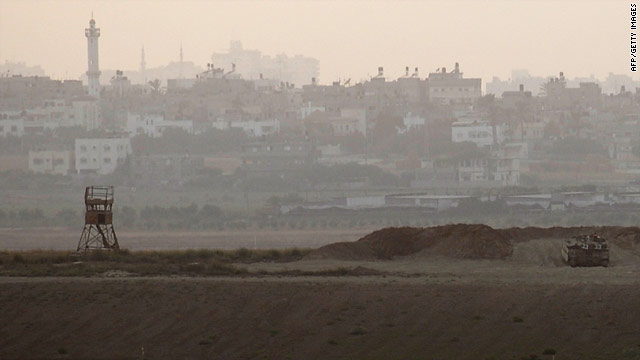By Paula Buzzi
Impunity Watch Reporter, South America
LA PAZ, Bolivia – Bolivia’s Supreme court of Justice convicted five ex-military commanders of genocide on Tuesday for their role in the deaths of at least 64 unarmed civilians in an army crackdown during an October 2003 riot.

The October 2003 riot, also known as “Black October,” was sparked by public outrage after the Bolivian government announced its plans to export Bolivia’s natural gas through a pipeline into Chile. Protestors who were fueled by years of anger over poverty and political marginalization, took to the streets of El Alto with sticks and rocks to demonstrate their disapproval.
Authorized by former president Sanchez de Lozada, soldiers opened fire on the protestors, killing 64 and wounding approximately 405. Among those killed were women and children. Sanchez claimed the use of force was justified because the protestors had cut off food and fuel supply to La Paz.
On Tuesday, three of the five former military officials responsible for ordering the crackdown, were each given 10 years in prison. The other two higher ranked military officials, Roberto Claros, a former armed forces chief, and Juan Veliz, a former army commander, were each given 15-year sentences.
Also convicted of complicity in the killings were two former environment and labor Cabinet ministers, Erick Reyes Villa and Adalberto Kuajara, who were each given three year sentences.
Gonzalo Rocabado, one of the former military officials who received a 10-year sentence, stated that the trial was misguided because it was “a trial against the armed forces that followed the law.”
Family and friends of the victims of Black October cried out of mixed emotions at the verdict; some cried out of anger that the prison sentences were too short. Many had held a vigil outside the court house in Sucre for two months prior to the trial.
Indicted in the case but not tried because of Bolivia’s absentia law include Sanchez and Carlos Sanzhez Berzain, a former defense minister.
Both Sanchez and Berzain were forced into exile after the riot and currently reside in Florida. Bolivia has sought their extradition but strained relations between the U.S. and Bolivia may hinder this request.
For more information, please see:
Fox News – 5 Military Officers Convicted of Genocide in Bolivia; Two Ministers Guilty of Complicity – 31 August 2011
Aljazeera – Bolivia officers convicted over 2003 massacre – 31 August 2011
New York Times – Bolivia: 5 Officers Guilty of Genocide – 30 August 2011
Associated Press – Ex-military chiefs convicted for Bolivia crackdown – 30 August 2011



